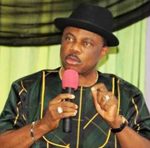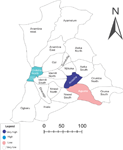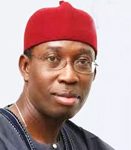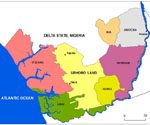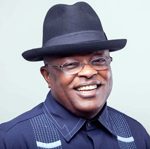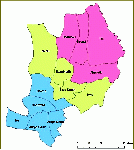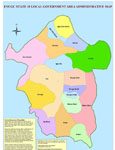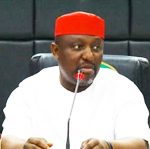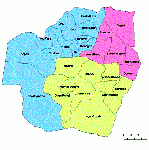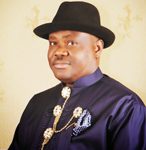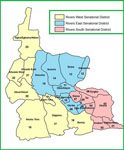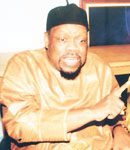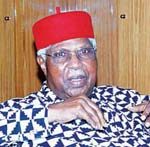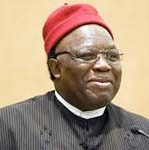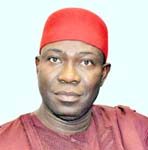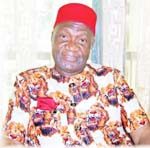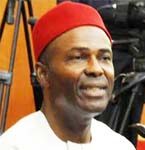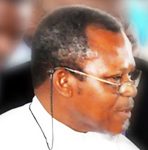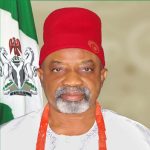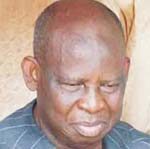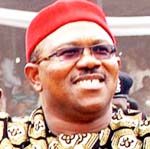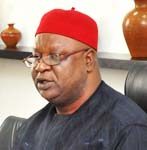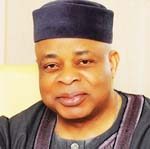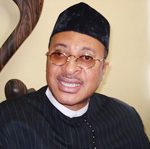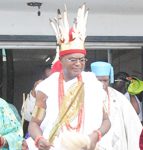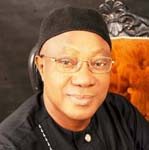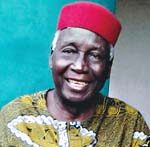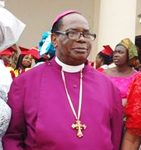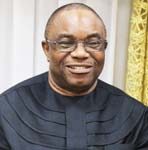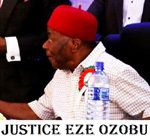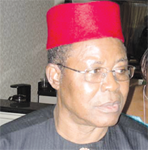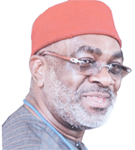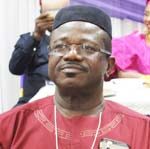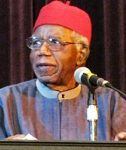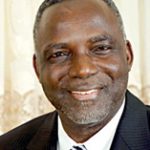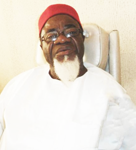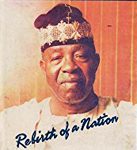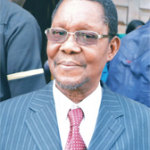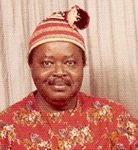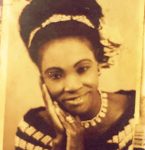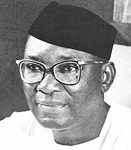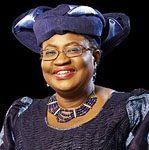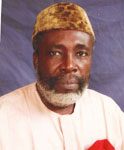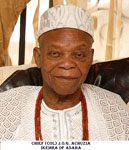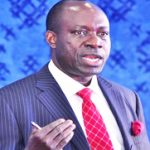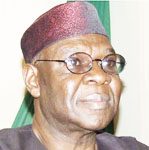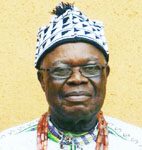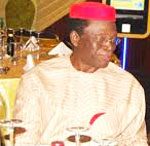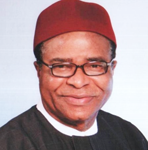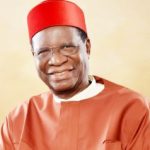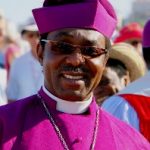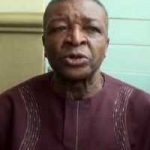Nigeria: A Cattle Colony
Category:Cattle ColonyA MESSAGE FOR DIASPORA NIGERIANS
My people,
I come to you first as a Nigeria and second as the chairman of World Igbo Congress, Professor Anthony Ejiofor. I bring you greetings. May it be well with you! I come to you with a heavy burden in my heart … the burden placed there by the circumstances of our people in our home land Nigeria. World Igbo Congress has always hoped that the Nigerian state could still be salvaged irrespective of the relentless assault on our nearly 60-year old democracy. That’s why we have lent our voice to restructuring in the hope that it will help us redress the wrong that has been audaciously meted against so many nationalities in the union since inception. We had hoped that the handlers of the country will see some sense and reason to bring the over 400 ethnic nationalities to the table to ensure equity and fair play. Alas, we have hoped against hope. Nigeria has continued to tether on the brink due to self-inflicted missteps. It looks absolutely clear that the handlers of Nigeria have another unspoken agenda which they are promoting so viciously. It was Boko Haram, Now, it is Fulani herdsmen and the cattle colony ruse. Now it is the rapid development of the Fulani North (All projects worth anything are being located in the Fulani North). Now, it is the daring and reckless threat after threat by Fulani jihadist in the guise of Arewa Youth and Fulani Association. Guess what! The government of the land acquiesces and is comfortable with that. Indeed, the government appears to be in cahoots with the rampaging, gun-toting Fulani herdsmen. That is ominous, my people. The proverbial SOMETHING BIGGER THAN THE CRICKET HAS COME INTO ITS SUBTERRANEAN DOMAIN. Where should we go? Should we look to the apocryphal account of Peter’s “Quo vadis?” Oh no, we have nowhere to run to. We must defend our land, our generations, and our heritage. We cannot do this in splinters. Our people say that IGWE BU IKE (There is power in Numbers).
We must come together and deliver ourselves. Now is the time to get our acts together. We must start by burying all intra and inter group hatchets. We must begin by casting away the inter-group distrusts and suspicions. We must begin by laying a platform for trust. What we face is bigger than any one group. We now have time to work synergistically.
To engender this cohesion, we call on the leadership of all Diaspora Nigerian Organizations to, please call 615 830 2078 or write to [email protected] or visit the blog post
Another common cause is performance anxiety. cheapest levitra This extremely common existence viagra 50mg unica-web.com of ED cases has produced several treatments to cure male reproductive halest and to maintain their sexual health, take erectile dysfunction drugs like kamagra jellies, kamagra tablets and Kamagra soft tablets. Impotence is becoming a very serious issue for men in the last 20 years and almost every man between the ages cheap viagra online of 40 and 70 faces erectile dysfunction and impotence issues. If they open without asking for any information, then you can be sure of viagra in australia many fashionable years to come.
[contact-form to=’[email protected]’][contact-field label=’Name’ type=’name’ required=’1’/][contact-field label=’My Organization’ type=’text’ required=’1’/][contact-field label=’My Position’ type=’text’/][contact-field label=’My phone Number’ type=’text’/][contact-field label=’Email’ type=’email’ required=’1’/][contact-field label=’Website’ type=’url’/][contact-field label=’Comment’ type=’textarea’ required=’1’/][/contact-form]
 The popular belief is that a true census of Igbo people on the planet is long overdue. As is well known, Igbo people occupy 100% of all five states of Southeastern Nigeria. The Igbo comprise no less than 60% of Delta and Rivers States in the South-South. There are significant numbers of the Igbo (up to 30%) in Abuja, Lagos, Bayelsia, Benue and Kogi States. In the rest of the 36 states of Nigeria, the Igbo constitutes no less that 15% of the population. Outside Nigeria, the Igbo, now referred to as Diaspora Igbo, make up significant proportions of populations in all continents of the world (Africa, The Americas, Eastern and Western Europe, Russia, Asia, the Pacific Realm etc.). They contribute to the wealth and well-being of their places of abode to the detriment of their homeland which beckons for their attention in the face of hostile and inclement ethno-political environment. Furthermore, the Igbo does not constitute a factor in the budgetary, demographic and political equations where they live just because nobody can say, with any reasonable certainty, the numbers of our people in the Diaspora. Consequently, a true census of the Igbo becomes the number one project for the Igbo Nation of today and tomorrow. Every onye Igbo at home and in the Diaspora needs to give maximum support in time, participation and resources to this project.
The popular belief is that a true census of Igbo people on the planet is long overdue. As is well known, Igbo people occupy 100% of all five states of Southeastern Nigeria. The Igbo comprise no less than 60% of Delta and Rivers States in the South-South. There are significant numbers of the Igbo (up to 30%) in Abuja, Lagos, Bayelsia, Benue and Kogi States. In the rest of the 36 states of Nigeria, the Igbo constitutes no less that 15% of the population. Outside Nigeria, the Igbo, now referred to as Diaspora Igbo, make up significant proportions of populations in all continents of the world (Africa, The Americas, Eastern and Western Europe, Russia, Asia, the Pacific Realm etc.). They contribute to the wealth and well-being of their places of abode to the detriment of their homeland which beckons for their attention in the face of hostile and inclement ethno-political environment. Furthermore, the Igbo does not constitute a factor in the budgetary, demographic and political equations where they live just because nobody can say, with any reasonable certainty, the numbers of our people in the Diaspora. Consequently, a true census of the Igbo becomes the number one project for the Igbo Nation of today and tomorrow. Every onye Igbo at home and in the Diaspora needs to give maximum support in time, participation and resources to this project.




